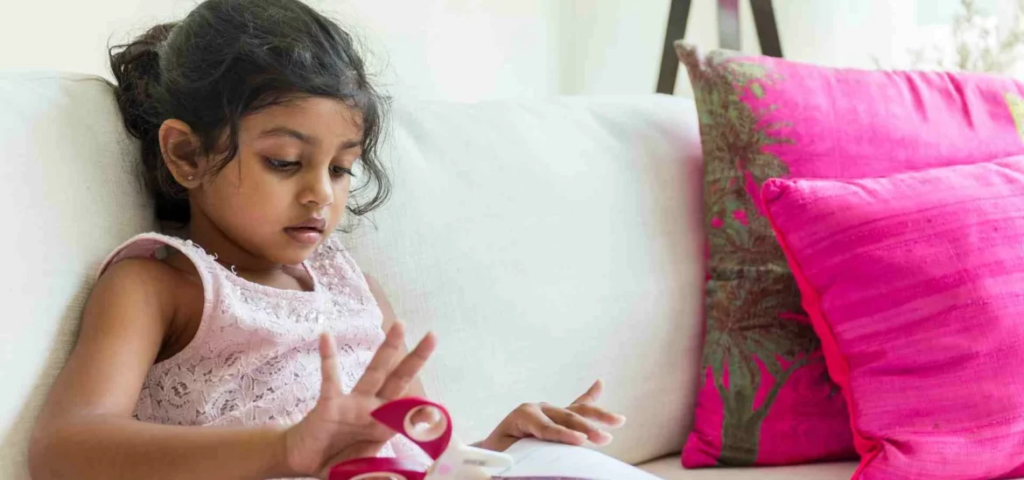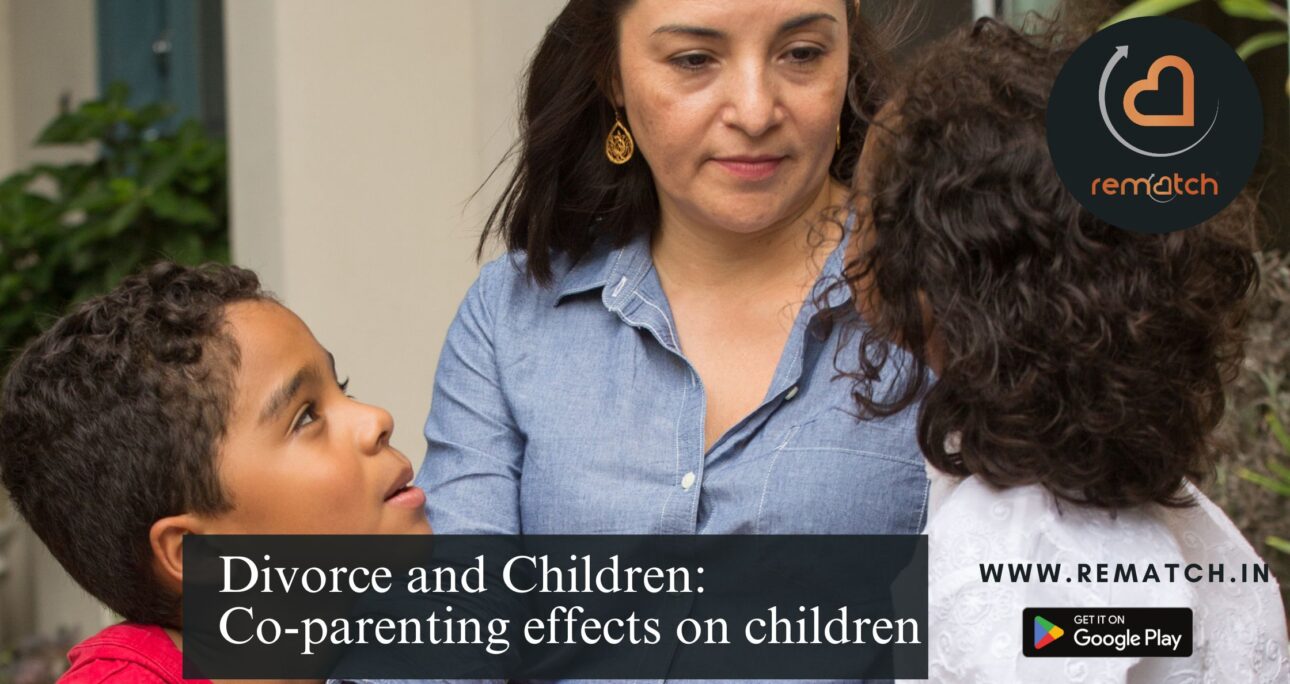As we all know, divorce is one of the painful phases in one’s life, and if you have children, it will be even more challenging. Divorce is not something you already planned for. However, if you and your partner find it difficult to continue in the marriage and plan for a separation, you should consider your children first. If you are planning a divorce and have children, their safety may be your primary concern. Every child of any age will be affected by a divorce. However, not every child has the same problem; some feel loss, while some miss the family. The effects of divorce on children depend on the age of the children.

The Effects of Divorce on Children
“Children from divorced homes have more psychological problems than children from which one of the parents has died.” – Robert E Emery.
Babies or toddlers won’t have much impact during their parents’ divorce. However, sometimes they become inconsolable or insecure when one partner suddenly disappears. As they don’t memorize the whole process, showing love and care can help them adapt to the new life routine. Furthermore, if your child is a preschooler, they will start asking many questions. It is essential to avoid open fights with your partner; otherwise, it may lead to childhood trauma.
If your child is of elementary school age, handling children with divorce will be difficult as they are old enough to understand fights, and sometimes, they blame themselves for the ongoing issues. Do not put pressure or anger on your child. Talk to them softly and be there for your child. Observe your child and seek expert support if you find something unusual, like anxiety or noncommunication.
Additionally, it is also vital to avoid open fights and the bad-mouthing of your ex-partner. If your child witnesses these, it could impact their view of relationships, love, trust, physical health, and mental health. If you are a solo parent, know more about solo parenting after divorce.

Importance of Co-parenting & the Effects of Divorce on Children
What is co-parenting? It is a way of parenting in which separated parents decide to take care of their children together even after separation. Parents should keep their differences and arguments aside and prioritize their children’s happiness.
Furthermore, parents should come to terms with significant decisions concerning their child, which include education, medical care, social habits, and more. Though you are the parents of your child, co-parenting is never easy. Yes, maintaining a friendly relationship with your ex-partner is difficult. However, it would help if you prioritize your child’s mental health over anything.
Some of the benefits of co-parenting are:
- Your child will experience a family feel
- You can be an excellent example of ideal parenting
- Your child will have a sense of security and good mental health
If you and your partner find it difficult to talk openly or friendly, you can seek assistance through co-parenting therapy. However, the effects of divorce on children are pretty challenging. Be there for your children; as we said earlier, every child deserves happiness and security.


